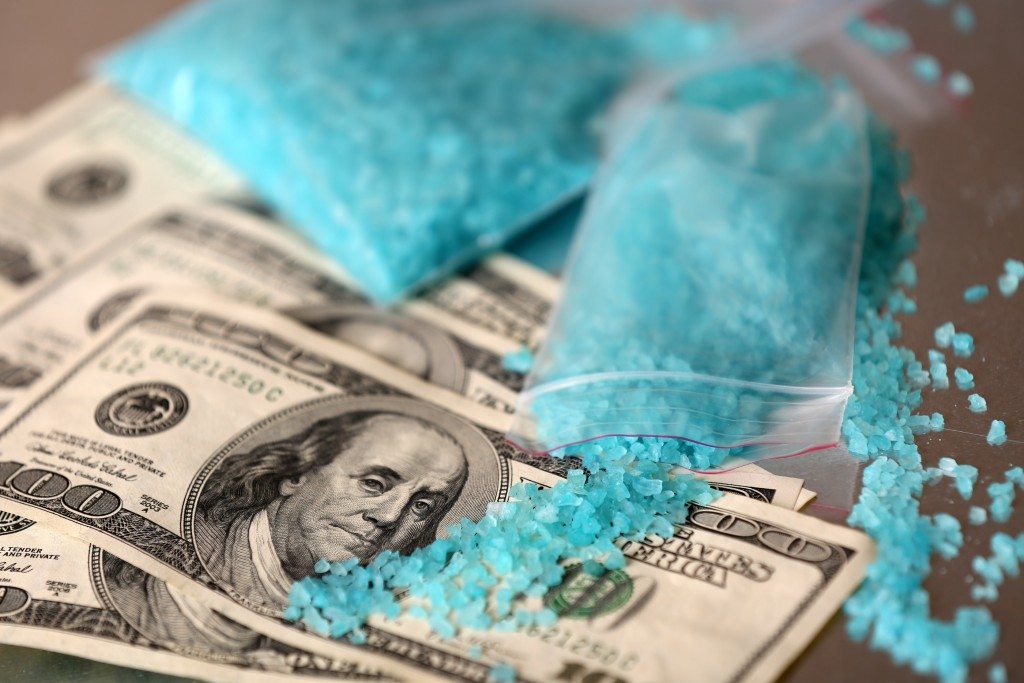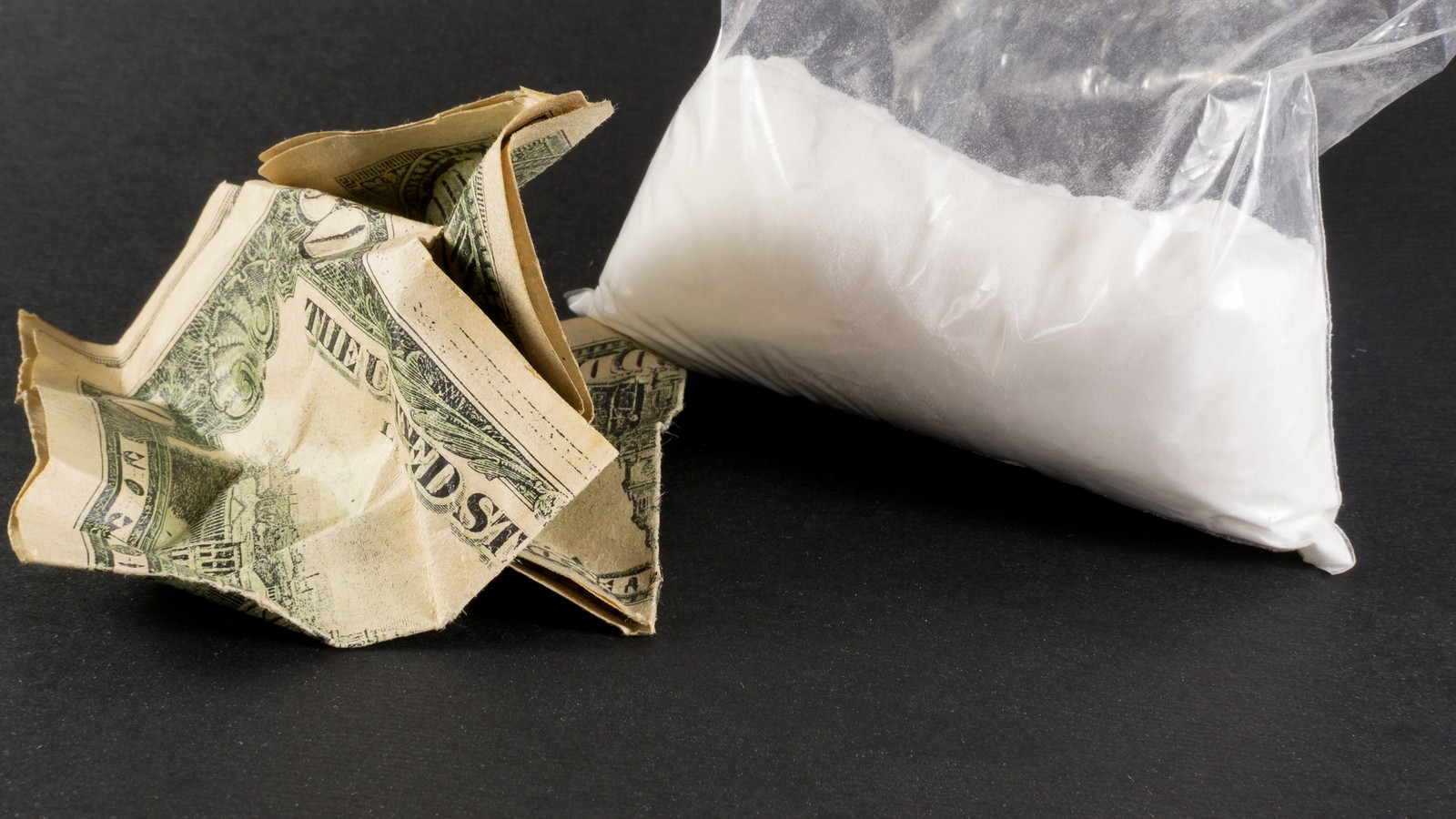New York takes a tough approach to drug crimes – and to penalizing those who commit them. Sentencing guidelines establish long determinate sentences for offenders who are convicted, though the law makes exceptions for certain crimes. In this article, our New York drug distribution lawyers explain how drug sale offenses are graded and sentenced, including the criminal sale of marijuana.
When Can You Be Charged with Criminal Sale of Controlled Substances?
Like most states, New York separates criminal offenses into two broad categories: lesser offenses called misdemeanors, and extremely serious offenses called felonies. Both can result in hefty fines, incarceration, the creation of a criminal record, and other burdensome consequences.
Criminal sale of a controlled substance is a felony under New York’s drug laws. However, depending on the details of a particular alleged offense, the charge can be graded in seven different ways, which are set apart by “class” and “degree” as described below:
- NY Penal Law § 220.31 – Fifth degree, Class D felony
- NY Penal Law § 220.34 – Fourth degree, Class C felony
- NY Penal Law § 220.39 – Third degree, Class B felony
- NY Penal Law § 220.41 – Second degree, Class A-II felony
- NY Penal Law § 220.43 – First degree, Class A-I felony
- NY Penal Law § 220.44 – In or near school grounds, Class B felony
- NY Penal Law § 220.48 – Sale to a child, Class B felony
The way the offense is categorized depends on the circumstances under which the crime allegedly occurs. For instance, in order for criminal sale of controlled substances to be charged in the first degree and thus graded as a Class A-I felony, the offense must involve a sale quantity of at least two ounces (or, if the substance is methadone, at least 2,880 milligrams). Felony classifications are very important, because they determine the penalties an offender could face if convicted.

All of the following substances are illegal to sell in New York:
- Cocaine
- Ecstasy
- Heroin
- Ketamine
- LSD (Acid)
- Methamphetamine
- PCP
- Prescription Drugs
- Psilocybin Mushrooms
While New York has decriminalized the possession of marijuana in quantities of 25 grams or less, selling marijuana is still a crime. Sale of 25 grams or less is a misdemeanor, while sale of more than 25 grams is a felony.
Fines, Prison, and Determinate Sentencing: Penalties for Selling Drugs in NY
NY Penal Law § 70.00 generally establishes “indeterminate” sentencing for felony offenses. An indeterminate sentence is expressed as a range, such as two to seven years, during which the inmate may become eligible for parole (early release from prison) subject to approval from a parole board. However, the statute makes a sentencing exception for “felon[ies] defined in article two hundred twenty,” which include the criminal sale of a controlled substance (as well as manufacture of methamphetamine, drug trafficking, and other drug offenses).
When a person is convicted of drug sales or other drug crimes under Article 220, he or she instead faces a “determinate” sentence, or a sentence which is fixed at a certain length. Unlike an inmate serving an indeterminate sentence, an inmate serving a determinate sentence is not eligible for parole during the determinate period.
The following determinate sentences are established by NY Penal Law § 70.70:
- Class B Felony – At least 1 year, up to 9 years
- Class C Felony – At least 1 year, up to 5.5 years
- Class D Felony – At least 1 year, up to 2.5 years
Once an offender is released from prison, he or she will also be subject to a period of “post-release supervision.”

While determinate sentencing can be incredibly harsh, NY Penal Law § 70.70 makes a very important note:
“If the court, having regard to the nature and circumstances of the crime and to the history and character of the defendant, is of the opinion that a sentence of imprisonment is necessary but that it would be unduly harsh to impose a determinate sentence upon a person convicted of a class C, class D or class E felony offense defined in article two hundred twenty or two hundred twenty-one of this chapter, or a class B felony defined in article two hundred twenty of this chapter, other than the class B felony defined in section 220.48 of this chapter, as added by a chapter of the laws of two thousand nine the court may impose a definite sentence of imprisonment and fix a term of one year or less.”
That’s a lot of information to pack into a single sentence, but here’s what the statute is saying: if the court decides the defendant should spend some time in prison, but the normal determinate sentences are too harsh given the circumstances, the court can impose a determinate sentence of one year – the bare minimum – or even less than one year. This applies to:
- Class C, D, and E felony offenses under Article 220 (e.g. criminal sale of a controlled substance in the fifth and fourth degrees).
- Class C, D, and E felony offenses under Article 221 (e.g. criminal sale of marijuana).
- Class B felony offenses under Article 220 (e.g. criminal sale of a controlled substance in the third degree), except for criminal sale of controlled substances to a child, which is a Class B felony under NY Penal Law § 220.48.
Rely on an Experienced Criminal Lawyer If You Have Been Faced With Drug Charges in NYC
If you or one of your loved ones was charged with selling drugs in New York City, it’s extremely important to get experienced representation right away. Call a Queens criminal defense attorney of Sullivan & Galleshaw at (800) 730-0135 for a free and confidential legal consultation.

